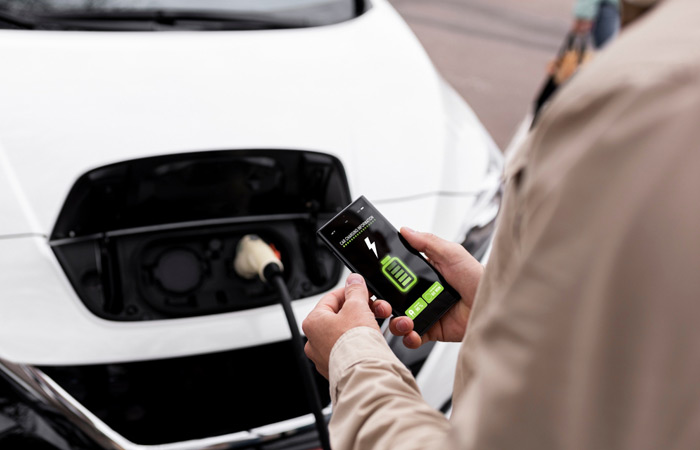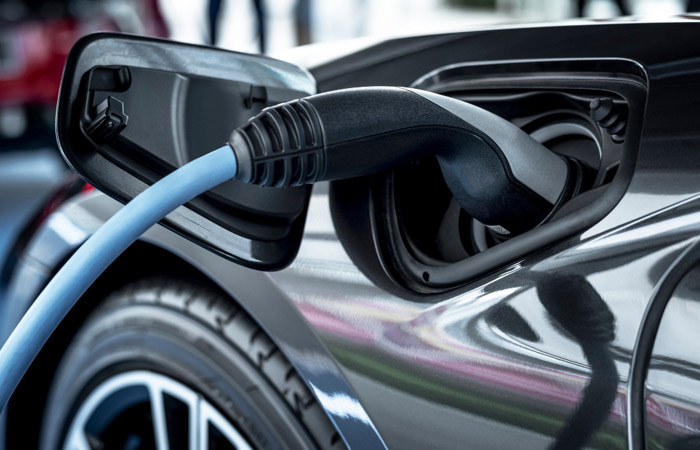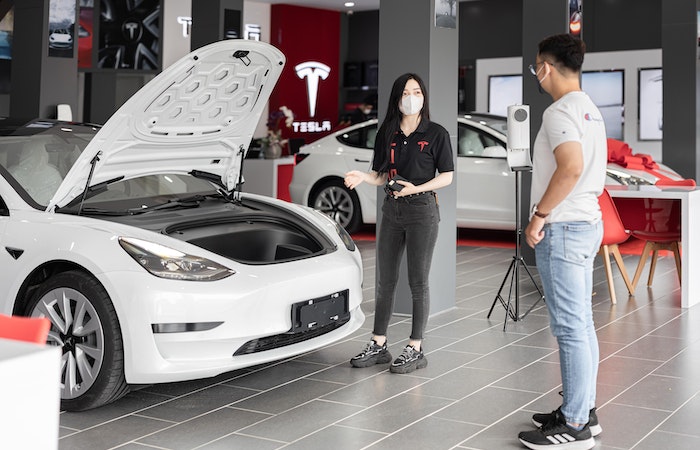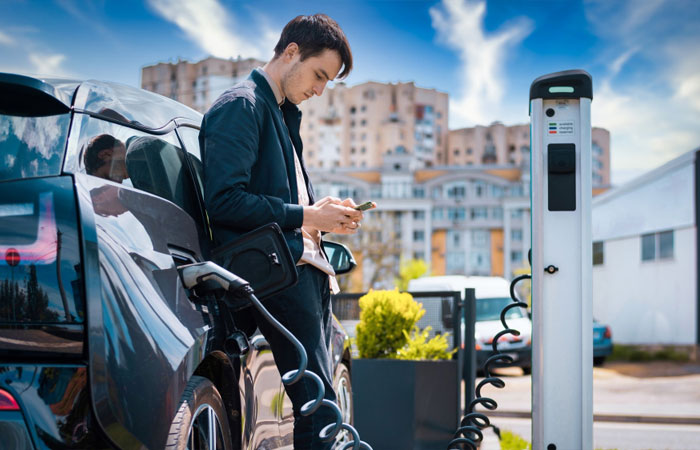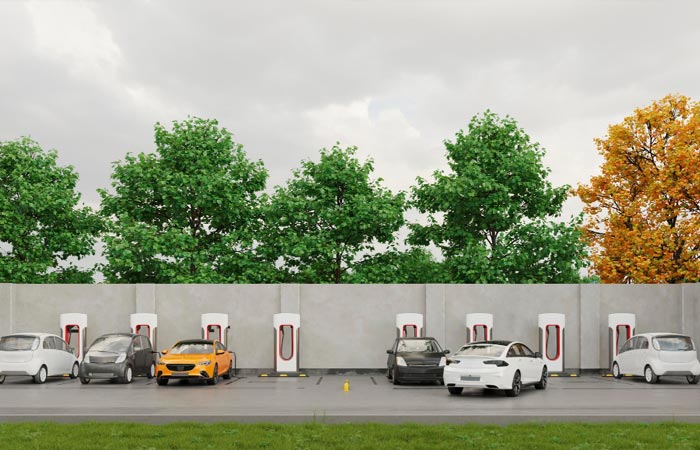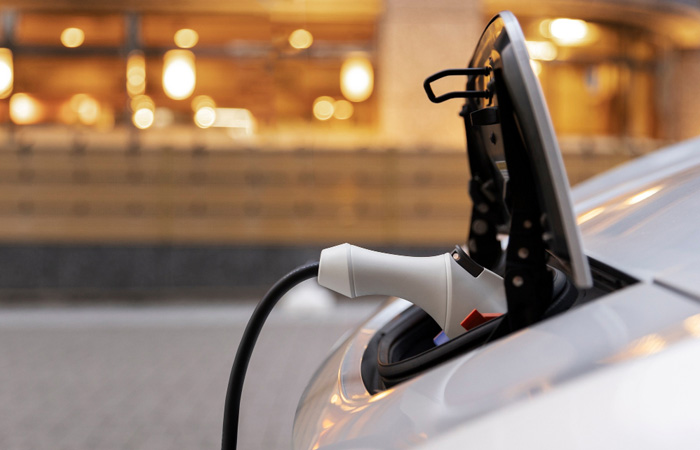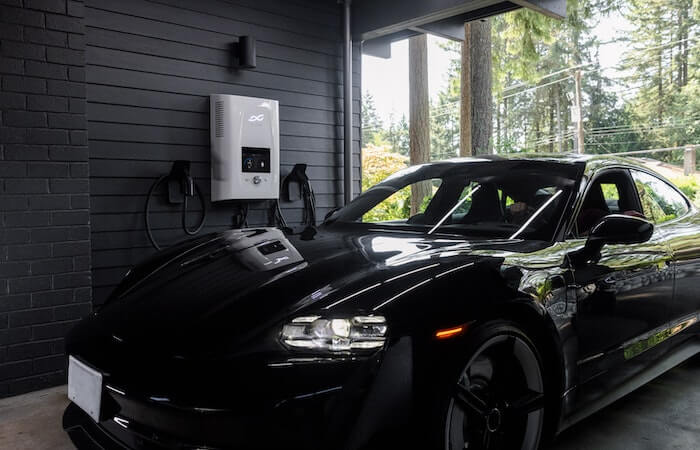The new survey results from Which? have presented a new reality regarding electric vehicles (EVs). According to the poll, new EVs are more likely to develop a fault than petrol or diesel models, with 31% of new EV drivers reporting an issue within the first four years of ownership. This figure is higher than the 19% of petrol cars and the 29% of diesel vehicles that reported a fault. On top of that, new EVs spent an average of five days off the road due to faults, compared to just three days for petrol cars and four days for diesel models.

New Electric Vehicles: The Price Tag
The survey results also highlight a potential downside to new electric cars: their price tag. Electric vehicles are typically more expensive than other models due to the high cost of their batteries, yet new EV drivers are reporting more faults. Another survey finding was that the most common problems reported by new EV owners were software-related issues rather than motor or battery problems.
New petrol and diesel cars will be prohibited in the UK from 2030. This means that new electric vehicles will become increasingly popular. Which? editor Lisa Barber warned that “drivers must ensure they’re getting a quality product” when considering buying an EV. She also advised new buyers to do their research to guarantee they can trust the car and model they purchase. Despite these new survey results, full hybrids remain the most reliable cars of any fuel type.
Overall, new electric vehicles appear to have reported more faults than petrol and diesel models. This is based on the new survey results from Which? While new EVs are typically more expensive due to their batteries, new buyers should still do their research to make sure they are getting a quality product. Full hybrids remain the most reliable cars of any fuel type. It makes sense for new buyers to consider this option when looking for a new car.
